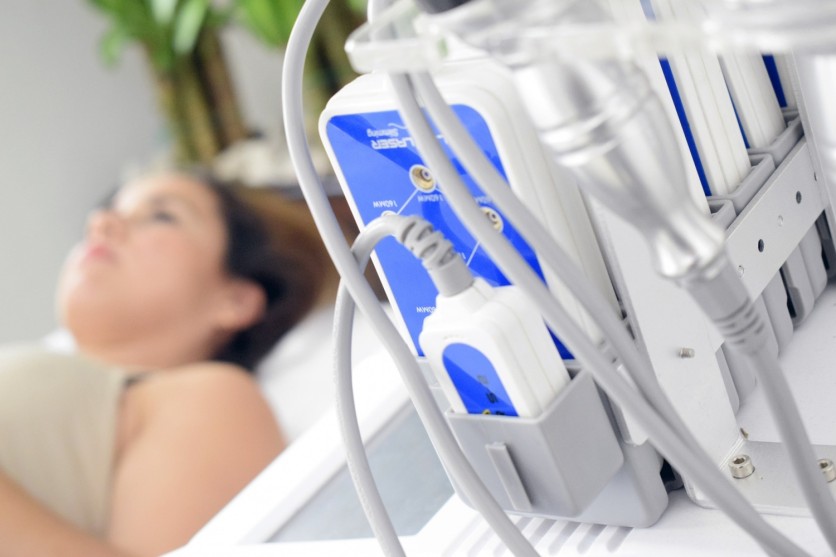A recent study suggests that artificial intelligence (AI) could potentially speed up breast cancer scans.
The study involved over 80,000 Swedish women and found that AI-supported mammography analysis was as effective as two breast radiologists working together to detect breast cancer.
The use of AI also significantly reduced false positives and nearly halved the workload for radiologists when reading the scans.

Mammography Screening With Artificial Intelligence (MASAI) Trial
The study, known as the Mammography Screening with Artificial Intelligence (MASAI) trial, is the first randomized controlled trial of its kind. It compared the early screening performance and workload between AI-supported mammography analysis and standard double reading by radiologists.
The AI system used in the trial first analyzed the mammography images and predicted the risk of cancer on a scale of one to 10. When the risk score was below 10, one radiologist further analyzed the image, and when the score was 10, two radiologists reviewed the image.
The AI system also provided computer-aided detection (CAD) marks to help radiologists interpret mammography images accurately.
The results of the interim safety analysis showed that AI-supported screening resulted in a cancer detection rate of six per 1,000 screened women, while standard double reading without AI had a detection rate of five per 1,000. That translates to detecting one additional cancer for every 1,000 women screened with AI.
Moreover, the AI-supported group had 44% fewer screen readings by radiologists than the control group. This significant workload reduction could allow radiologists to focus on more advanced diagnostics and shorten waiting times for patients.
Read Also : Magnetic Seed for Breast Cancer Operations Now Utilized in Providence Breast Center, First in B.C.
Further Trials Needed
Lead author Dr. Kristina Lång from Lund University, Sweden, cautioned that although the interim safety results are promising, further trials and evaluations are needed to determine the full impact of AI in mammography screening.
It remains essential to understand its implications on patients' outcomes, especially in detecting interval cancers that may be missed by traditional screening, and to assess the cost-effectiveness of the technology.
Breast cancer screening through mammography has demonstrated its ability to improve prognosis and lower mortality rates by detecting breast cancer at earlier stages. However, a significant number of interval cancers, which should have been identified during the previous screening, still go undetected.
To address this, AI has emerged as an automated second reader for mammograms, potentially reducing radiologists' workload and enhancing screening accuracy. While the study's findings show promise, the authors acknowledged certain limitations.
The analysis was conducted at a single center and was limited to one type of mammography device and one AI system. Additionally, radiologists' experience is crucial, as the AI-supported system heavily relies on their performance in making recall decisions.
"These promising interim safety results should be used to inform new trials and programme-based evaluations to address the pronounced radiologist shortage in many countries. But they are not enough on their own to confirm that AI is ready to be implemented in mammography screening," Lång said in a statement.
The study's findings were published in The Lancet Oncology journal.
Related Article : MIT's New Breast Cancer-Predicting AI Shows Unmatched Accuracy! Identifying Disease Five Years Before Symptoms

ⓒ 2026 TECHTIMES.com All rights reserved. Do not reproduce without permission.




